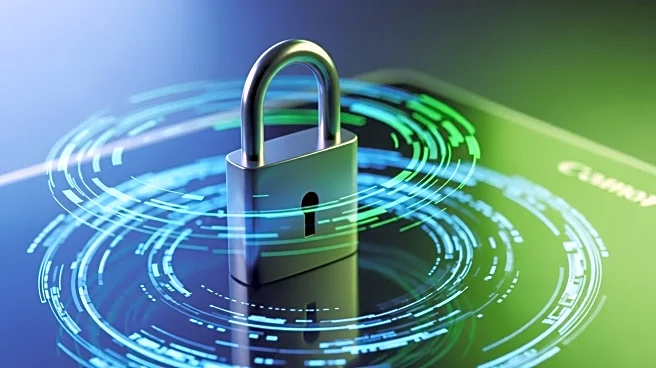What's Happening?
Dozens of Israeli actors have fallen victim to a phishing attack believed to have originated from Iran. The attackers hacked into an email account and sent messages posing as casting calls for a new film by a well-known director. These emails requested audition videos and personal information, including ID card and passport scans, as well as home addresses. The victims later received threatening messages attributed to Iranian-linked entities, applying psychological pressure. Israel’s National Cyber Directorate has advised those affected to replace their ID cards and passports, change passwords, enable two-factor authentication, and notify banks and credit card companies to monitor for suspicious activity.
Why It's Important?
This incident highlights the growing threat of cyber attacks targeting personal information, which can lead to identity theft and financial fraud. The use of phishing tactics to obtain sensitive data underscores the need for robust cybersecurity measures and public awareness. The attack on Israeli actors also reflects geopolitical tensions, as cyber warfare becomes a tool for state actors to exert influence and gather intelligence. The broader implications for the U.S. include the necessity for enhanced cybersecurity protocols to protect against similar threats, especially in industries where personal data is frequently exchanged.
What's Next?
Affected individuals are expected to follow the National Cyber Directorate's recommendations to secure their personal information. The incident may prompt increased scrutiny and security measures within the entertainment industry to prevent future phishing attacks. Additionally, governments and cybersecurity agencies might intensify efforts to track and counteract cyber threats originating from hostile nations. This could lead to diplomatic discussions or actions aimed at curbing state-sponsored cyber activities.
Beyond the Headlines
The phishing attack raises ethical concerns about the exploitation of individuals in the entertainment industry, who may be more vulnerable to such tactics due to the nature of their work. It also highlights the importance of digital literacy and the need for comprehensive training on cybersecurity practices for professionals in all sectors. Long-term, this event could influence policy changes regarding data protection and international cooperation in combating cybercrime.









